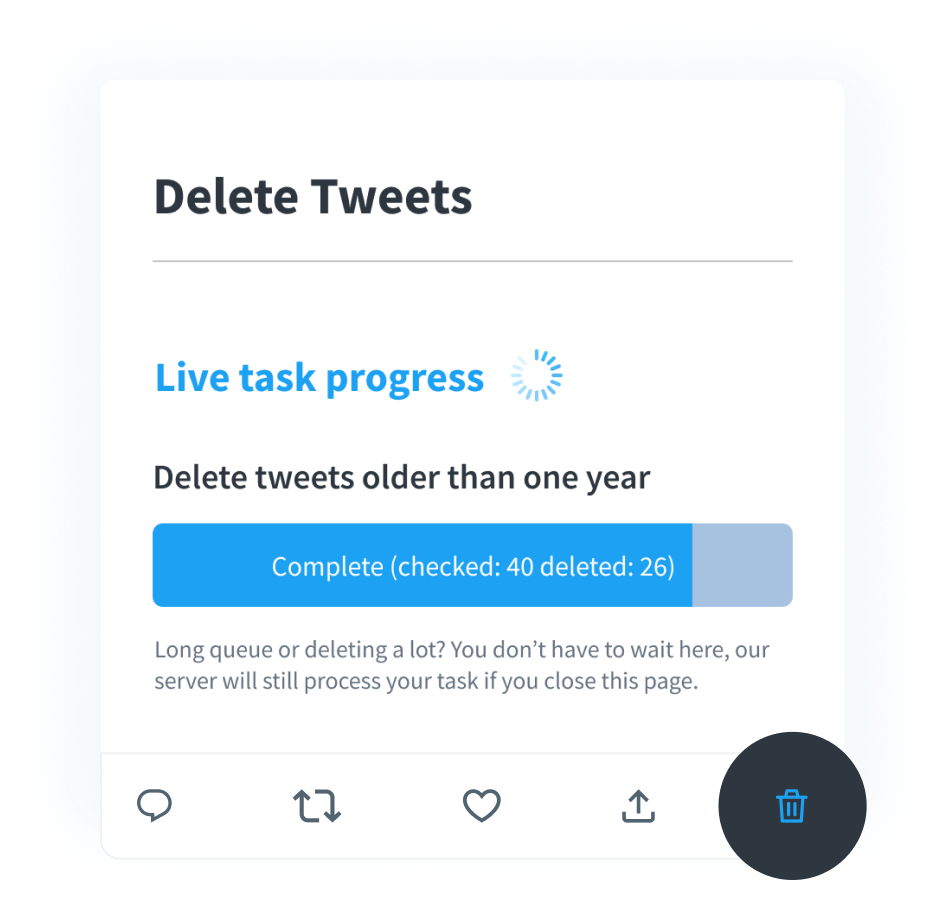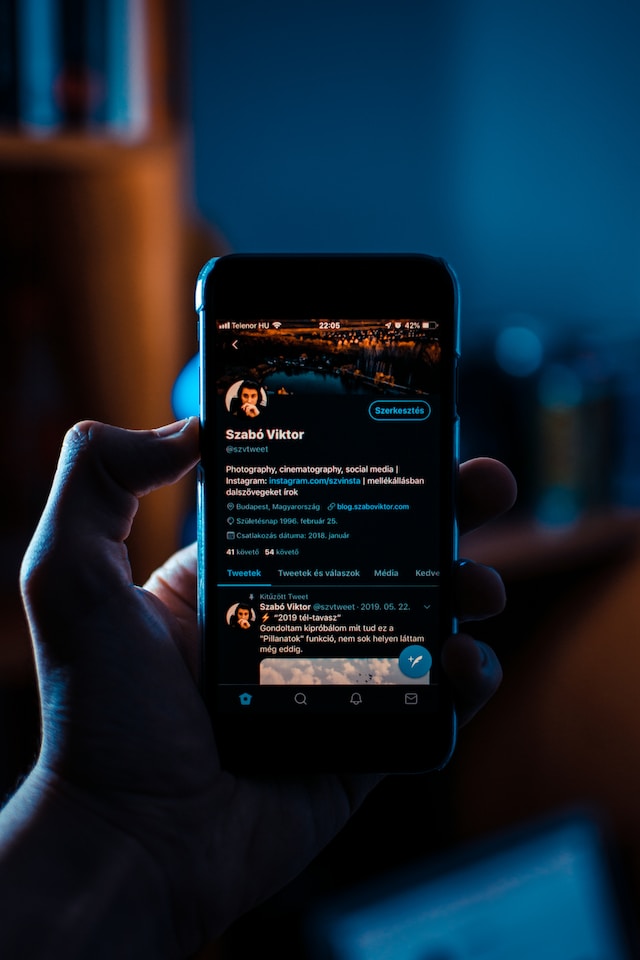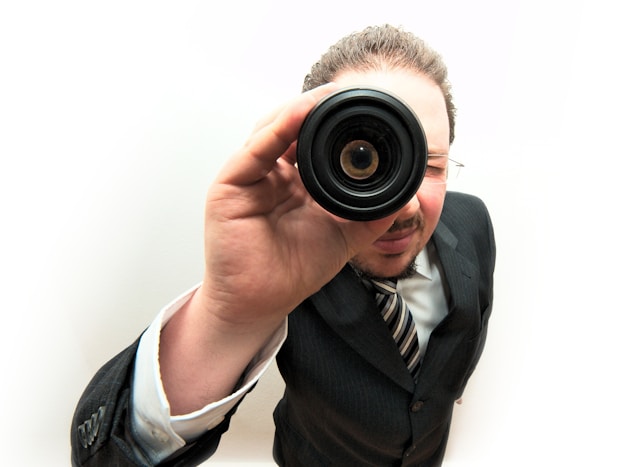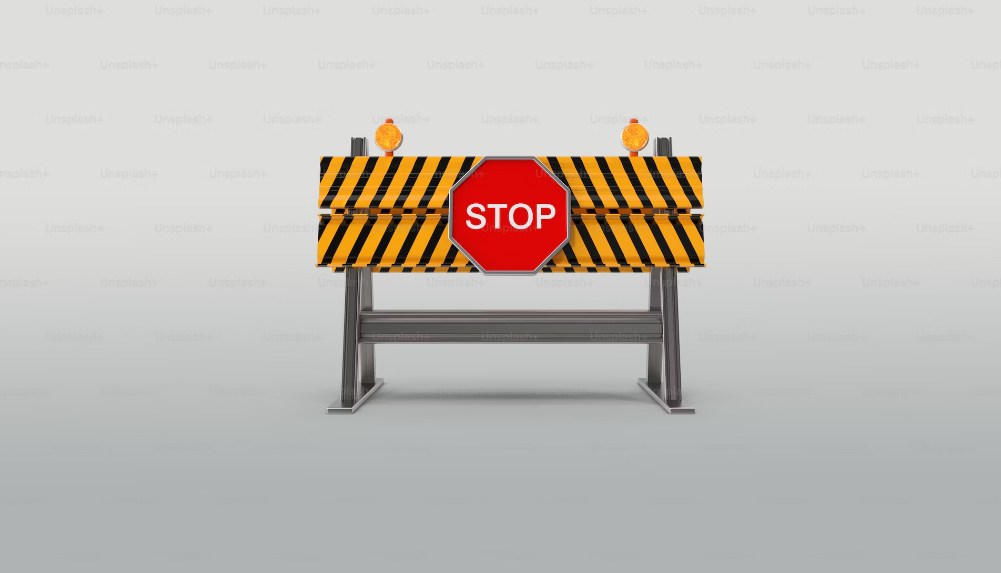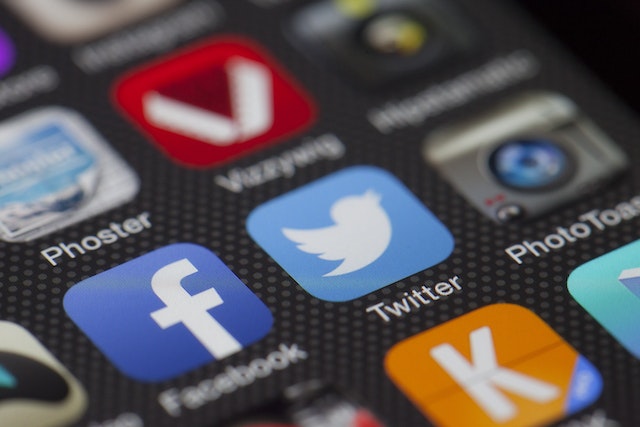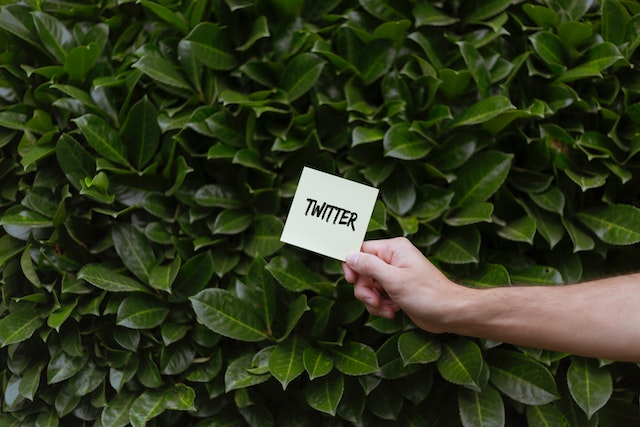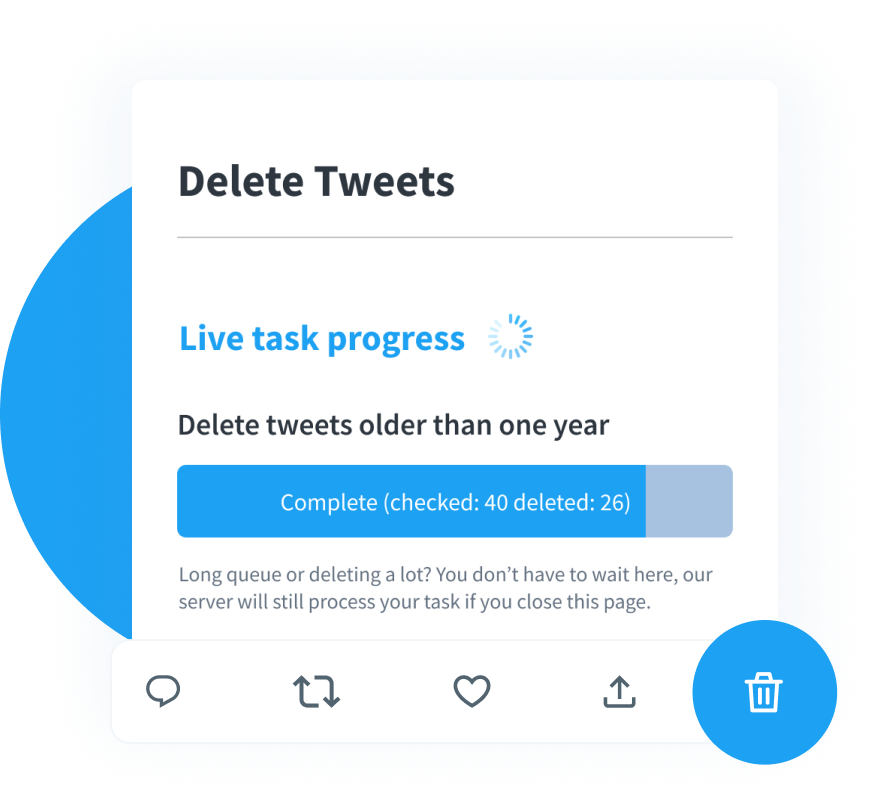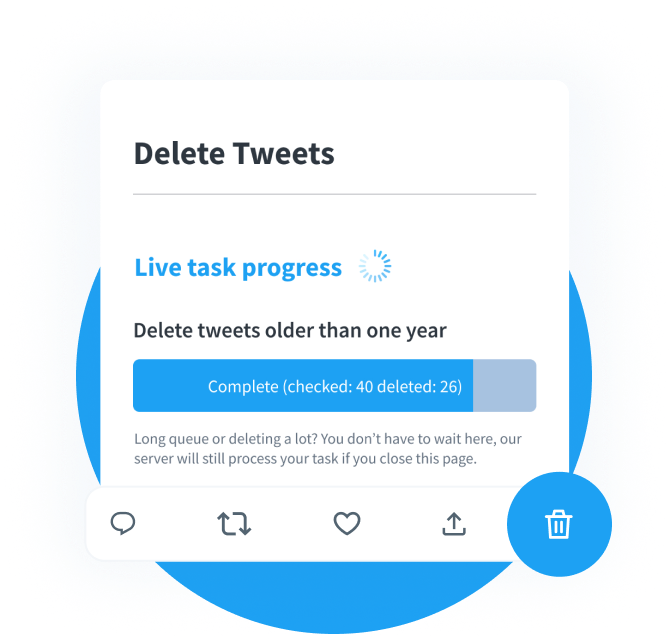There always seems to be a debate on free speech on social media platforms like X. While it looks like you can say anything on your mind, this isn’t always the case. Should social networks allow people to speak freely without consequences, or should they place restrictions on online speech?
Moreover, should platforms be responsible for moderating content, or does it also require input from government entities?
The answer isn’t as clear-cut as a simple yes or no, as there are several nuances you have to consider. Let’s dig deeper into freedom of expression in digital spaces.
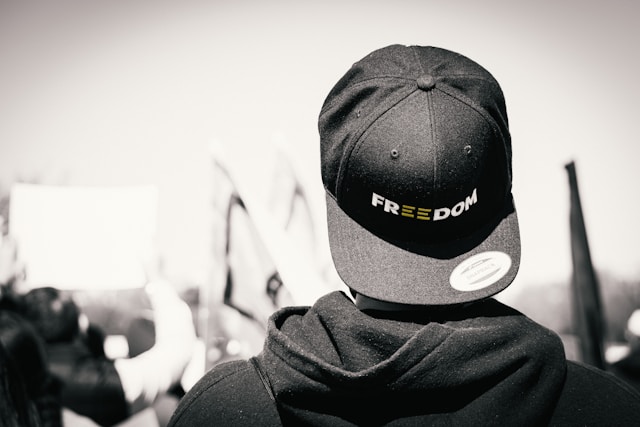
Table of Contents
What Is Free Speech: An Explainer on the Expression of Opinions
Free speech doesn’t mean you have the right to go about saying anything you please. So, what is free speech? It enables you to express yourself freely without facing any censorship or consequences from the government. Essentially, it is the right to find, receive, and spread any type of information, regardless of the topic.
In the United States, the First Amendment of the country’s constitution protects free speech. The United Nations Universal Declaration of Human Rights and the International Human Rights Law acknowledge freedom of expression. The U.K. grants its citizens free speech through the 1998 Human Rights Act.
You may have already seen this type of speech in action. For instance, people creating a community to protest against a new government policy is one example.
However, this doesn’t mean you can say anything, as there are limitations. The U.S First Amendment doesn’t protect the following types of speech due to Supreme Court rulings:
- Asking individuals to break the law or engage in illegal activities.
- Harassing people in educational institutions because of their religion, gender, race, or sexual orientation.
- Threatening people of immediate physical harm.
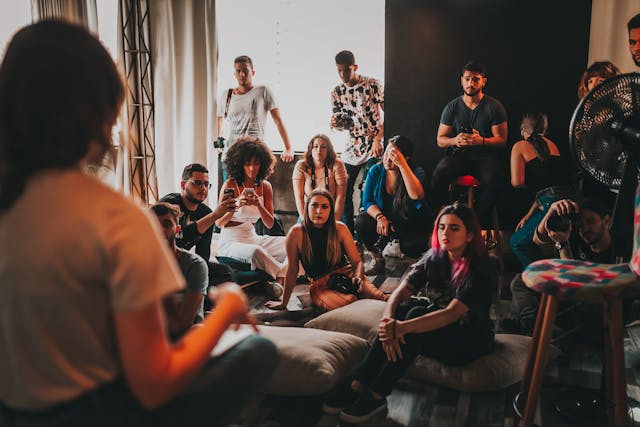
3 Reasons Why Is Free Speech Important in Modern Society
Why is free speech important? The sections below highlight three reasons why it is essential.
1. It’s an Essential Part of Democracy
How do you prevent government overreach and corruption? One way is to question the people holding positions of power and bring attention to their wrongdoings to the public.
This is possible through free speech, which enables the public to keep elected officials in check. It allows for open discussions in democratic forums, ensures people are well-informed, and helps facilitate change.
Free speech lets people know whether elected officials followed their promises. It ensures the public has clarity on the actual performance of political parties.
Also, when people need to make changes, they need access to accurate information. It involves going through content that supports and argues against various viewpoints. This ensures you get the complete picture before making any decision.
In other words, free speech keeps the spirit of democracy alive.
2. It Enables Innovation
The flow of knowledge among individuals is crucial for innovation. You need to consider all viewpoints to solve an existing problem. This allows you to test your conclusions and come up with better solutions.
If information suppression occurs, people may not know if they have the right solutions.
Over time, it can cause problems to become worse, making it harder to find proper answers. In other words, free speech creates a hub where different ideologies coexist, enabling innovation.
3. It Is the Bedrock of Self-Fulfillment
Expressing yourself is important as you get to learn about who you are as an individual. You come across diverse opinions, which can make you challenge your beliefs and grow intellectually.
Free Speech on Social Media Debate: Government vs. Platform Regulation
According to the Pew Research Center, half of the adults in the U.S. occasionally get their news from social media. As per a survey on Statista, 45% of the millennials in the U.S. visit social media for daily news.
This is despite these platforms containing disinformation, misinformation, propaganda, and fake news. These social networks have a massive impact on daily life and society.
The sections below cover two main discussion points about free speech in social media debate.
Should the Government Regulate Social Media: A Breakdown
Should the government regulate social media for what does and doesn’t qualify as free speech? On one hand, involving the country’s leadership makes sense. The government can step in, pass laws, and enforce rules to prevent the spread of such information.
For example, copyright laws prevent people from infringing the work of creators. When platforms notice copyright violations, they quickly take down such work. The platform will mute the audio when you use an entire copyrighted track in your Instagram video.
Similarly, due to government mandates, social networks take strict action against content that falls in the category of child exploitation. Not only do platforms flag and remove such content, but they also report the publishers to the authorities.
On the other hand, allowing the government control over free speech on social networks can result in overreach. For instance, authoritarian governments may ask platforms to take down specific posts critical of them despite not breaking any rules. They can group specific online discussions they don’t like as hate speech.
Also, social media networks cannot take a one-size-fits-all approach to moderating content.
Why? The rules vary depending on the country. In the United States, hate speech comes under freedom of expression, even though some people may find it offensive.
If you look at the countries in the European Union (EU), their rules for hate speech are different. For example, Germany doesn’t allow speech that defames, slurs, insults, or provokes hatred against groups. A law also fines social media networks for failing to remove hate speech content from their platforms. Social networks have up to seven days to take action against such content.
Should Social Media Platforms Regulate Themselves: Understanding Their Duties
Yes, social media platforms should regulate themselves. As these networks are the gatekeepers, they can ultimately decide what they find acceptable. They don’t necessarily have to comply with the First Amendment to the U.S. Constitution. Why? Social media companies aren’t government entities.
These organizations already have complex algorithms to detect and take down content that goes against their rules. Coupled with user reports and content moderation teams, they can regulate speech on their platforms.
However, self-regulation is tricky despite the availability of powerful technologies. Languages are complex, and technologies may not entirely understand the nuances of free speech rights. False positives can cause certain content to get wrongfully censored.
Platforms may not feel the urge to self-regulate without the threat of government regulation. For instance, they may not take action against specific content as these posts are great for engagement and revenue.
Section 230 prevents social networks from being liable for user-generated content, even if they promote conspiracy theories and fake news. When platforms don’t keep such content in check, it can result in real-world issues. The genocide in Myanmar in 2016 and the attack on the U.S. Capitol in 2021 are examples of such situations.
For self-regulation to work, all platforms must have a consensus to resolve such issues. Also, government or third-party regulation can ensure these organizations remain disciplined in taking action against harmful content.
However, failure to do so, which is evident today, is making regulation inevitable, which can result in government oversight. As a result, elected officials have no options but to pass restrictive laws.
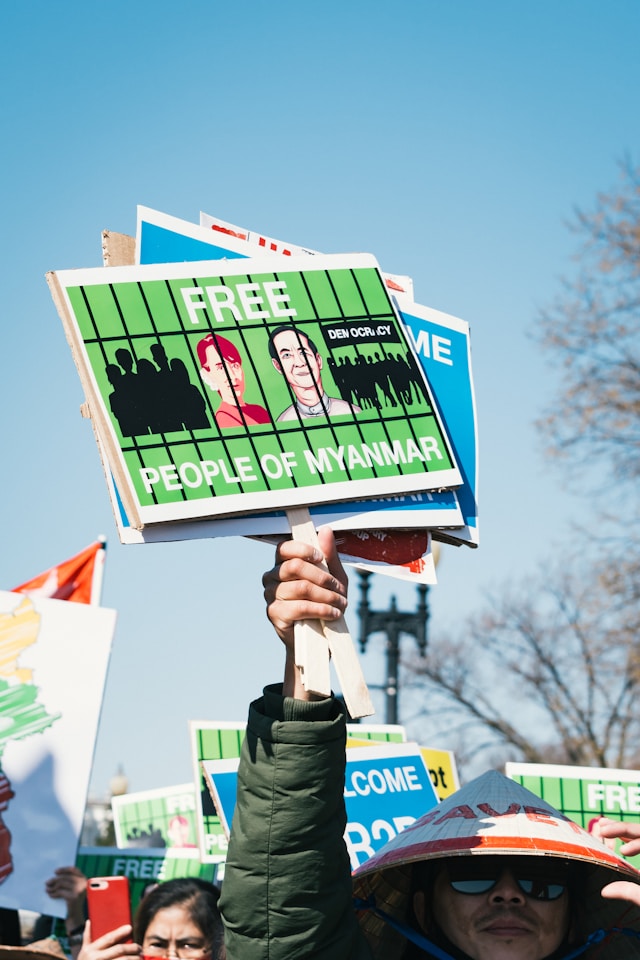
Facebook Freedom of Speech: An Explainer on What Isn’t Allowed
Regarding Facebook’s freedom of speech, this social network allows people to express themselves freely. The platform understands people are more likely to share their opinions when they feel safe.
This is why Facebook has rules against hate speech. It clearly defines what type of content falls into this category. For instance, conversations that promote attacks due to people’s sexual orientation, ethnicity, religion, disease, and race violate the platform’s policies.
Similarly, harmful stereotypes will result in the social media network taking action.
Spreading generalizations based on inferiority, disgust, dismissal, and contempt goes against Facebook’s rules. Similarly, it doesn’t allow dehumanizing content and harmful or hateful comparisons.
This social media platform doesn’t allow people to use slurs to make certain users feel unwelcome due to their characteristics.
On the other hand, it also understands people don’t always use vulgar language to attack others on the platform. Facebook looks at the intent of the user posting such content before taking the final call to remove it.
It doesn’t allow excessively graphic or violent content. However, the platform makes an exception if the goal is to make people aware of or condemn such acts.
Any post that falls under the bullying or harassment category goes against the platform’s policy. Speech about human exploitation, harmful acts, violence, fraud, and illegal goods will result in Facebook removing such content.
However, the platform always considers the aim and content of the discussion before it takes action. Like other social networks, Facebook relies on user reports to find content that slipped its ban radar.

Free Speech on Twitter: An Overview of the Platform’s Rules
Elon Musk, the current owner of X, strongly supports free speech on Twitter. It was one of the reasons he decided to purchase the platform from its previous owners. Also, he unbanned several high-profile accounts to promote fair discussions on the platform.
X, formerly Twitter, has guidelines on what it does and doesn’t allow on the platform. For example, it doesn’t allow users to post the following types of content:
- Abusive posts targeting specific people or groups
- Anything related to child exploitation
- Promoting illegal or regulated products and services
- Violent speech to harm or threaten individuals
- Share private information of people without consent
- Post content to undermine essential civic processes like elections
- Publish content that is synthetic or manipulated to deceive or harm individuals
X may also place notices on posts to ensure users know what to expect before they go through the content. It does this for tweets that break its content rules.
Similarly, the community notes feature comes into play to provide context to misleading content.
Twitter also has a transparency report that it makes available to the public twice a year. It started this program in 2012. However, the platform stopped publishing these reports after December 2021.
Despite the platform’s best efforts, you may come across content that violates its content policies. In such situations, X relies on user reports to bring such posts to their attention.
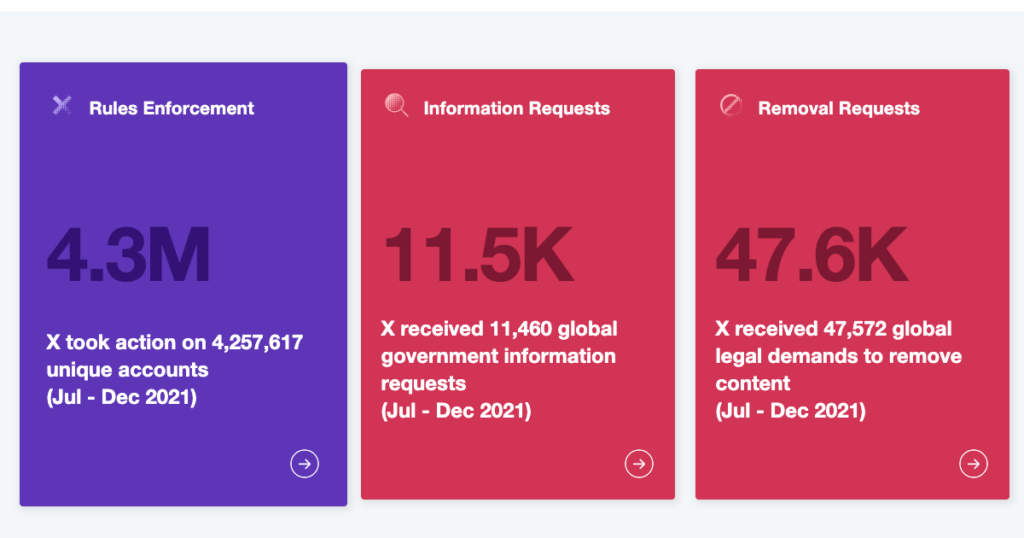
TweetDelete Gives You the Right to Privacy
You should have a better understanding of freedom of speech on social media. It will help you post content that doesn’t violate the rules of various social platforms.
People often misunderstand freedom of expression, which is why they think they can post all types of content. Although opinions change with time, this is not the case on X. Even though you no longer share the same viewpoints as your younger self, your older posts indicate otherwise.
These tweets can affect your personal and professional relationships. For instance, it may result in your future employers rejecting your application because of specific tweets in your profile.
Your older posts can also strain your relationship with friends and family as they disagree with your viewpoints.
Fortunately, you can prevent this from becoming your reality with TweetDelete. Its custom filter will help you find any post, regardless of when you published it on your profile. You can run the bulk-delete tweets utility and erase thousands of them quickly.
There’s also the auto-delete task, which helps remove specific content from your account regularly. This feature requires your input to ensure it only removes tweets you want to delete.
TweetDelete gives you the right to privacy in the age of free speech on social media.
Free your current self from the shackles of your older tweets by signing up with TweetDelete today!
